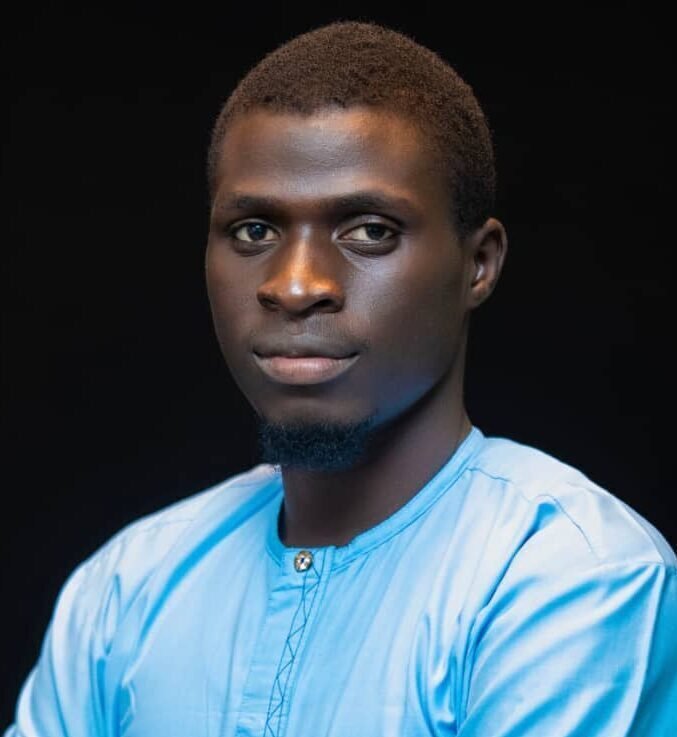Despite human rights violations becoming a disturbing trend in Nigeria, the Nigerian government has once again pledged to safeguard the rule of law. President Tinubu said his administration would be tolerant of dissenting views, as protected under the Nigerian constitution.
This is not the first time President Tinubu’s administration has said he is committed to upholding the rule of law, especially promising to safeguard the country’s shrinking media freedom. Last year in December, the president pledged during a meeting with the Newspapers Proprietors’ Association of Nigeria to always protect press freedom and respect constructive criticism towards his government.
However, since President Tinubu assumed leadership, Nigeria’s media space has experienced crackdowns more than ever. According to reports, several journalists have been arbitrarily harassed, arrested and repeatedly violated over the last 12 months. During the last #EndBadGovernance protest that spanned 10 days from August 1st, at least 56 journalists were assaulted or harassed by security operatives or unidentified citizens, the Committee to Protect Journalists (CPJ) reported.
One of the journalists was Yakubu Muhammed, a reporter with Premium Times, who was severely beaten by police operatives in Nigeria’s capital city, Abuja. Last week, officers of the State Security Service(SSS) threatened Abdulrasheed Hammad, a freelance journalist with the International Centre for Investigative Reporting (ICIR). His offence, as reported by TheCable, was exposing how 22 factories in Sokoto state produced contaminated water sachets without registration with the food and drug regulatory agency.
Kicking against the constant harassment of journalists, Media Rights Agenda (MRA), a civil society group advancing media freedom, said the act is fostering a “climate of impunity.” In a statement released on Monday, the organisation cautioned that the increasing incidents of arbitrary arrests and other forms of attacks on media practitioners, particularly by security operatives, pose a significant threat to press freedom and democracy in the country.
According to the 2024 World Press Freedom Index by Reporters Without Borders (RSF), Nigeria is one of West Africa’s most dangerous and difficult countries for journalists. The data placed Nigeria 112th of 180 countries with press freedom.
As journalists struggle to carry out their activities, citizens also face an ordeal to exercise their right to freedom of expression. During the 10-day nationwide protest in Abuja, eyewitnesses say police officers fired tear gas canisters to disperse the protesters. When running away, a female protester fell and collapsed, requiring the attention of fellow protesters to get her to safety.
According to a situation report by the United Action Front of Civil Society, a non-governmental organisation that promotes good governance and democracy, no less than 21 protesters died during the protest, while 1,154 persons were arrested.
The same day last Sunday when President Tinubu, represented by the Nigerian Vice-president Kashim Shettima, vowed to promote the rule of law, the Department of State Service (DSS) arrested and detained Adejuwon Soyinka, the West African regional editor of Conversation Africa, for six hours.
“I acknowledge that altering the status quo requires difficult decisions and changes, which also inevitably come with hard outcomes,” Shettima said at the Annual General Conference of the Nigerian Bar Association (NBA) in Lagos. “However, I am confident that this is a passing phase and our policies and actions, as an administration, are bound to usher in relief in no distant time.”















